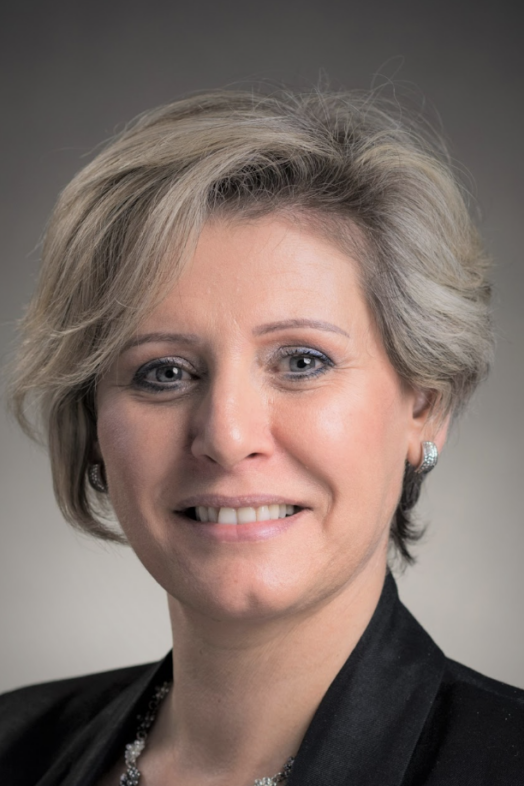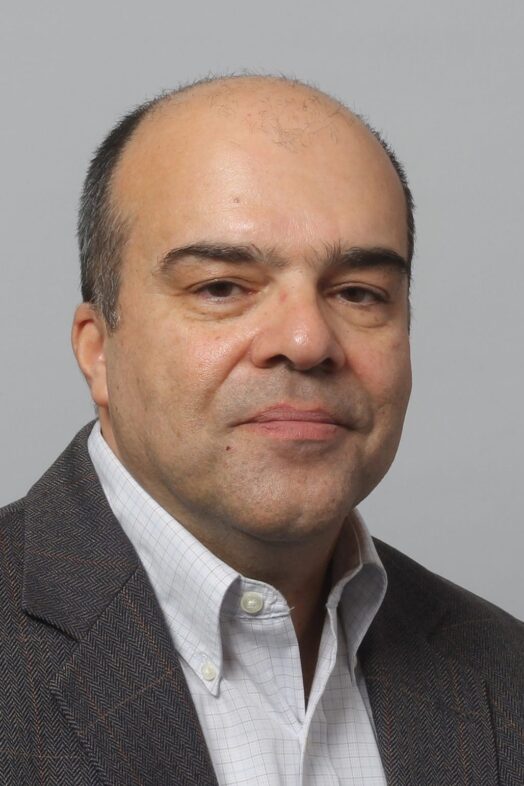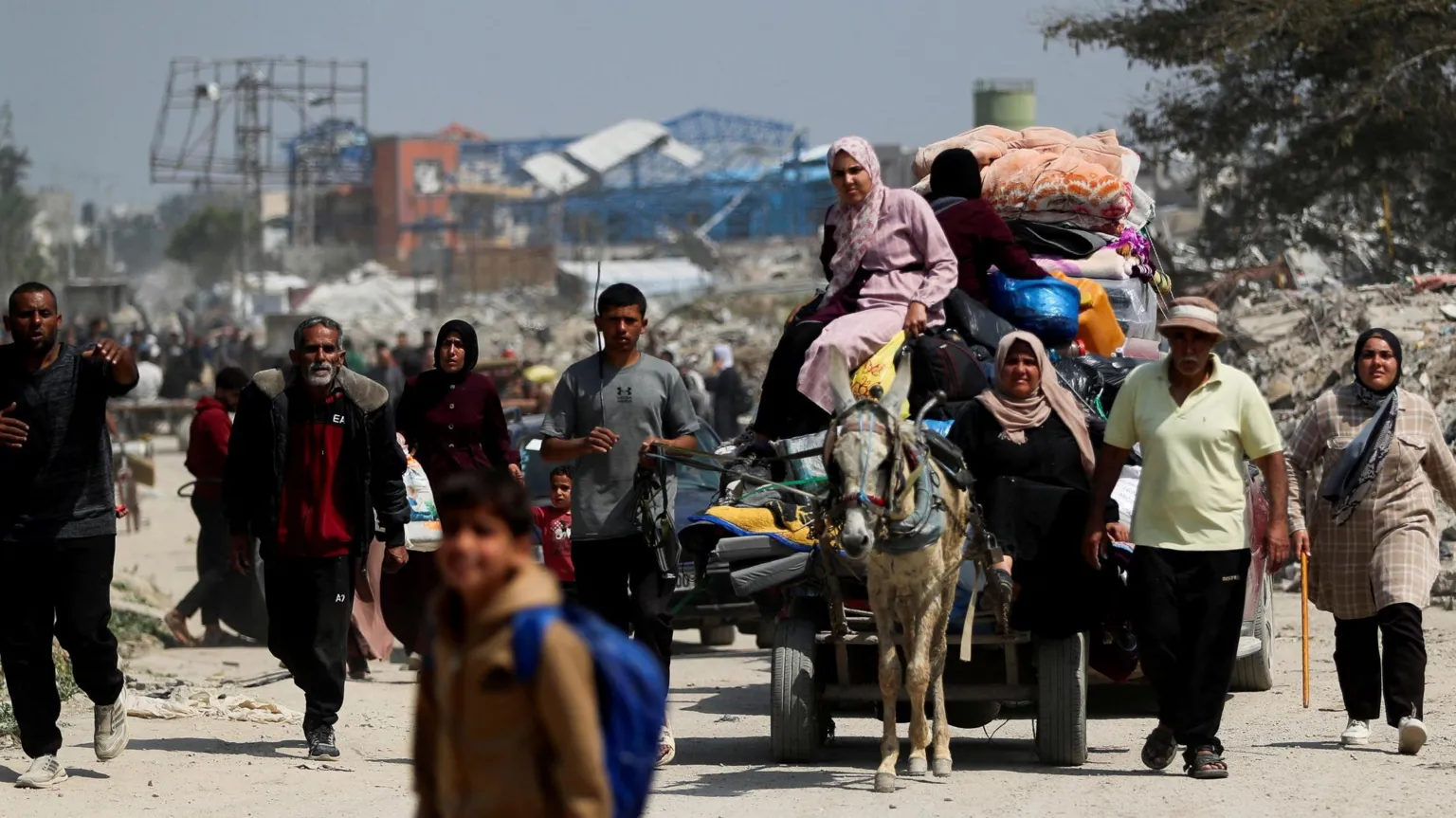Trump’s Gaza Plan and What It Means for Palestinians
Since its announcement on October 9, President Donald Trump’s ceasefire and stabilization plan for the Gaza Strip has garnered widespread international support for having ended more than two years of horrific war that resulted in deaths of nearly 70,000 Palestinians, including more than 18,000 children, displaced more than 90% of Gaza’s population and wiped out most of its infrastructure. Although Palestinians were not consulted in its development, the plan calls for the creation of an International Stabilization Force to be deployed to the Gaza Strip and an international Board of Peace to manage its internal affairs, including future governance, security and reconstruction, while providing only a limited role for Palestinians themselves.
Meanwhile, Trump’s controversial plan, which was adopted by the United Nations Security Council on November 17, is off to a shaky start as Israel continues to bomb Gaza almost daily, killing more than 340 Palestinians since the ceasefire began. Nearly all of Gaza’s two million inhabitants remain concentrated in less than half of its territory under dire conditions and lacking basic services. Is the current ceasefire plan sustainable? How should Palestinians engage with the Trump plan? What are the prospects of a Gaza stabilization plan that expressly excludes Palestinians?
The Quincy Institute held a panel discussion on the prospects for Trump’s Gaza plan and what it means for Palestinians. Panelists include Carol Daniel-Kasbari, non-resident fellow at the Quincy Institute, and Mouin Rabbani, co-editor of Jadaliyya. Khaled Elgindy, senior research fellow at the Quincy Institute, moderated.
Program
Panelists

Carol Daniel-Kasbari
Carol Daniel-Kasbari, Ph.D., is a non-resident fellow at the Quincy Institute and senior associate director of the Conflict Resolution Program at The Carter Center. A seasoned scholar-practitioner with over 25 years of experience, she brings deep expertise in conflict resolution, peacebuilding, and development in fragile and conflict-affected environments. Dr. Kasbari has spent most of her life in Jerusalem and earned her degrees from the Hebrew University of Jerusalem and later her Ph.D. from George Mason University’s Carter School, where she also serves as an adjunct professor. She has led multimillion-dollar initiatives focused on dialogue, stabilization, and community-driven development in Iraq, Jordan, Syria, Palestine-Israel, Cyprus, and Sudan.

Mouin Rabbani
Mouin Rabbani is co-editor of Jadaliyya, an online magazine focused on the Middle East, is a researcher and analyst specializing in Palestinian affairs, the Arab-Israeli conflict, and the contemporary Middle East. He has served as Senior Analyst/Middle East and Special Advisor on Israel-Palestine with the International Crisis Group, Head of Political Affairs with the Office of the United Nations Special Envoy for Syria, and Head of Middle East with Crisis Management Initiative/Martti Ahtisaari Peace Foundation. He has written and commented widely on Middle East affairs, including for most major international media.

Khaled Elgindy
Khaled Elgindy is a senior research fellow at the Quincy Institute for Responsible Statecraft and adjunct instructor at Georgetown University’s Center for Contemporary Arab Studies. He is the author of Blind Spot: America and the Palestinians, from Balfour to Trump (Brookings Institution Press, 2019). Elgindy previously held positions at the Middle East Institute (2020-25) and the Brookings Institution (2010-18). From 2004 to 2009, he served as an adviser to the Palestinian leadership in Ramallah on permanent status negotiations with Israel, and was a key participant in the Annapolis negotiations of 2007-08. Khaled’s writings have appeared in various publications, including the New York Times, Los Angeles Times, Christian Science Monitor, The Hill, CNN.com, Newsweek, Foreign Affairs, Foreign Policy, The National Interest, The Washington Quarterly, among others. Khaled holds an MA in Arab Studies from Georgetown University (1994) and BA in Political Science from Indiana University (1991).

